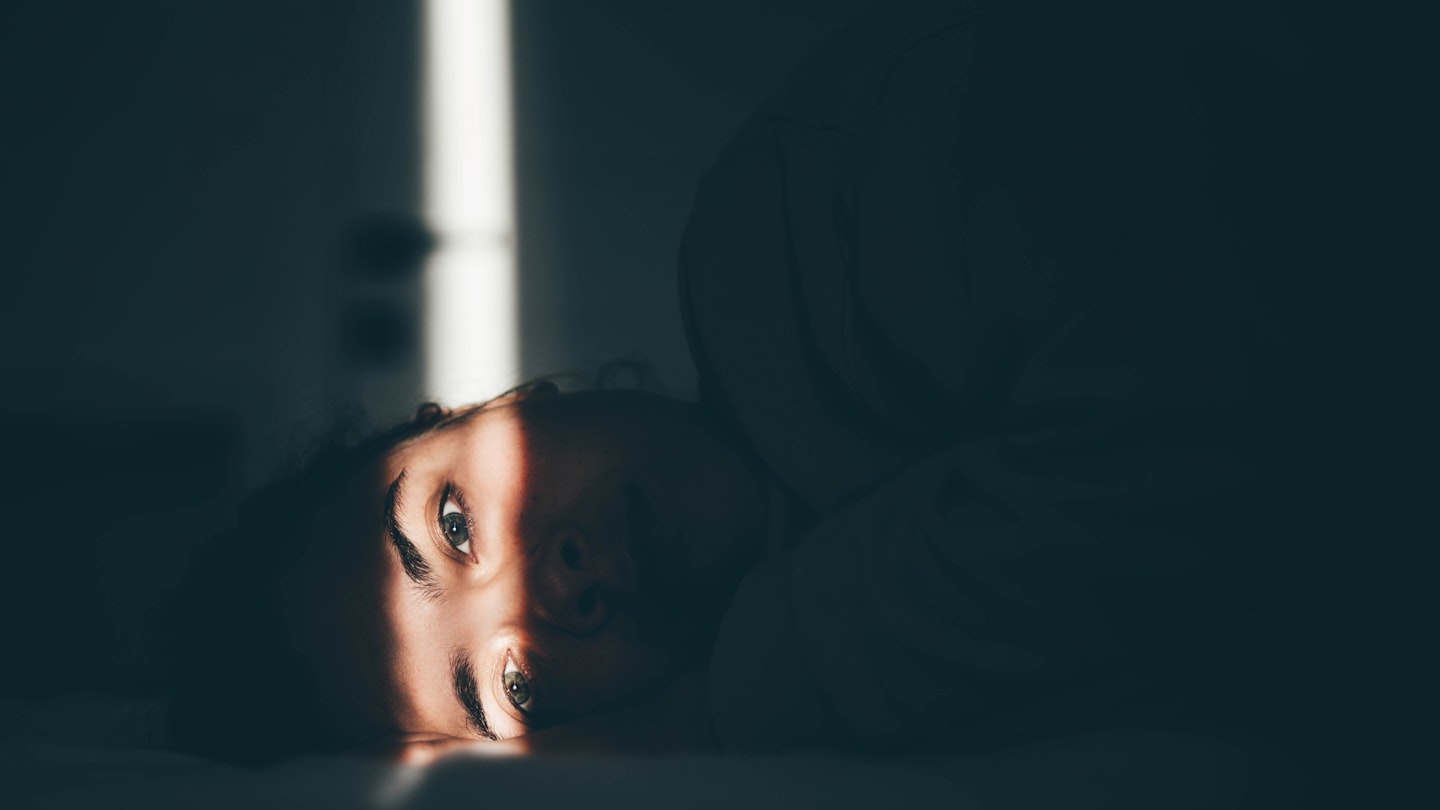It’s much more than just the ‘baby blues’, and postnatal depression (PND) can affect mothers in the postpartum period and beyond, whether it’s their first or a subsequent birth, a ‘normal’ birth or a traumatic one. But whilst we’re much more aware now of how many women are affected by PND - up to one in seven of us - admitting it is a whole other ball game.
I suffered from severe postnatal depression and PTSD after the traumatic birth of my first daughter, which was a vaginal birth with interventions. After a long labour (it started on a Tuesday and my daughter was born on a Friday), my obstetrician tried a ventouse, or suction cup, delivery. But the baby wasn’t budging, so we moved to a forceps (with episiotomy) delivery which she deigned to appear for.
Part of the reason she was so slow to exit was that the umbilical cord was wrapped around her neck, and it was short, hindering her progress and rendering my pushes ineffectual. When she was pulled out, and the cord untangled from her, it snapped and she lost blood. She was ultimately fine, but she spent four days in NICU (neo-natal intensive care) and I was discharged two days before her; leaving hospital without your baby is an odd, out of body like experience, and I cannot imagine what parents who experience baby loss must feel.
But of course, as new parents with a wailing, red-faced, tiny human to deal with, my husband and I soldiered on, or at least tried to.
I found new parenthood hard. I went from being in control and confident to flailing around, unable to fathom what I was supposed to do with this creature. I was clueless and unprepared. I felt all sorts of anger, sadness, rage and overwhelm; I was horrible to my husband and to myself, it was nearly impossible to cope with my baby's screams. But after the first few horrific and sleepless weeks, we settled into a pattern and were able to manage - at least on the surface. It was only after years of barely surviving as a couple, and the fact that we were on the verge of divorce, that I was finally forced to recognise that I was depressed. I had been hanging on by a thread to my sanity, and my relationship.
Mothers in particular are good at hiding their emotions, when it comes to mental health, this can be a real problem. We don't feel we are able to admit the problem, for fear of being seen as a failure, and so the problem worsens, unchecked. It takes courage to ask for help, and it's not an easy thing to do. That was where I found myself. Pretending it was all fine. Presenting a competent front to the world. And to Instagram.
When I was finally able to admit to my depression, it felt like I was conceding defeat. The word defeat is the wrong one to describe it, but perhaps the feeling of concession itself is not a bad thing. I finally stopped holding a mask up and revealed my true self - to myself, not just to the world.
It took me a long time to stop feeling like a failure for being depressed, but by working with a therapist, embracing mindfulness and meditation to nurture my brain’s soothing system over its threat system, and above all, communicating more honestly and kindly with my husband, my daughter and myself.
The bulk of this darkness took five years to navigate, and my mental health is an ongoing journey. But here are three things that I would tell the Me in the depths of my struggle.
You are not a failure. Motherhood is hard and society places a nearly intolerable amount of pressure on women to perform to exacting standards. If you don’t meet them, that’s ok.
It’s ok to ask for help. You were never supposed to do this all on your own. Be direct with friends and family. If they’re not around, be honest with your partner. If they’re not around, find a baby group, ask your GP, lean on your health visitor. Tie a ribbon on your changing bag.
You’re not alone. It might look like everyone else is smashing it, but we all present our best selves (and only our best selves) for others. In a social-media-laden world, it’s difficult to know what’s real and what’s not. People thought you were doing fine too. We’re all putting a brave face on it for everyone else, and that helps no-one.
For further support, talk to your GP, midwife or health visitor, or visit https://pandasfoundation.org.uk/, https://www.mind.org.uk/, https://www.birthtraumaassociation.org.uk/
Clio Wood @andbreathewellbeing is a women’s health expert and author of Get Your Mojo Back, Sex, Pleasure and Intimacy After Birth (Watkins), out now.
